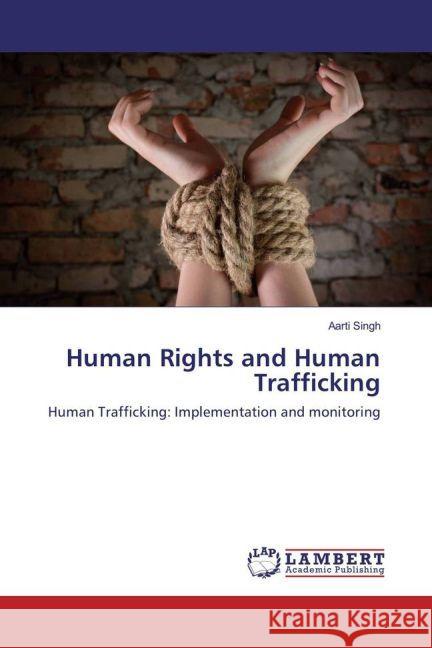Human Rights and Human Trafficking : Human Trafficking: Implementation and monitoring » książka
Human Rights and Human Trafficking : Human Trafficking: Implementation and monitoring
ISBN-13: 9783659931321 / Angielski / Miękka / 2016 / 68 str.
Human trafficking is generally understood to refer to the process through which individuals are placed or maintained in an exploitative situation for economic gain. Trafficking can occur within a country or may involve movement across borders. Women, men and children are trafficked for a range of purposes, including forced and exploitative labour in factories, farms and private households, sexual exploitation, and forced marriage. Trafficking affects all regions and most countries of the world. While independent monitoring is an important aspect of ensuring that laws, policies and practices protect and do not infringe established rights, those governmental agencies most directly involved in the trafficking response-including legislators, law enforcement, prosecutorial and judicial bodies and victim support agencies-should also monitor their own actions and performance from a human rights perspective. In addition, as noted in the Recommended Principles and Guidelines, non-governmental organizations working with trafficked persons should be encouraged to participate in monitoring and evaluating the human rights impact of anti-trafficking measures.











